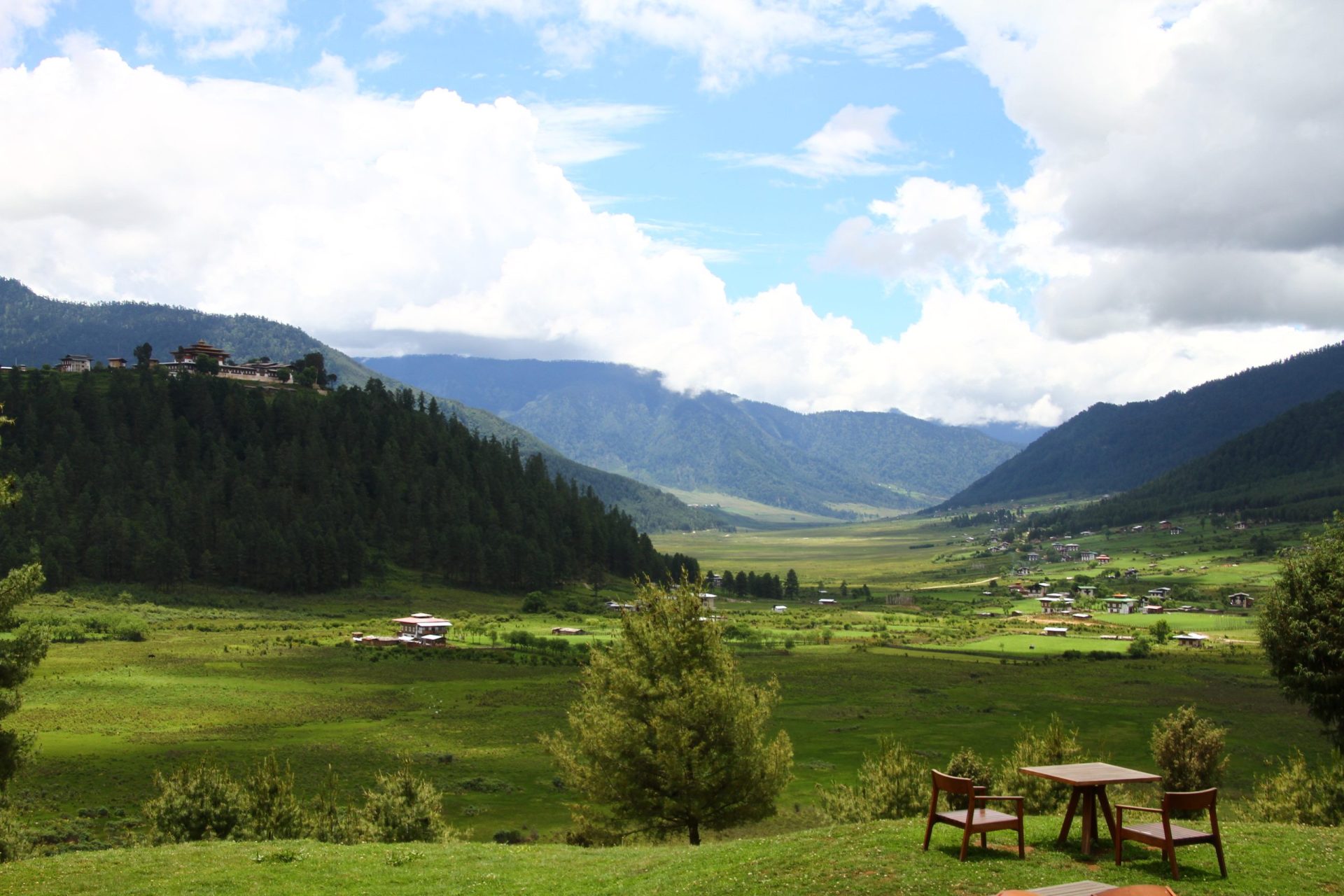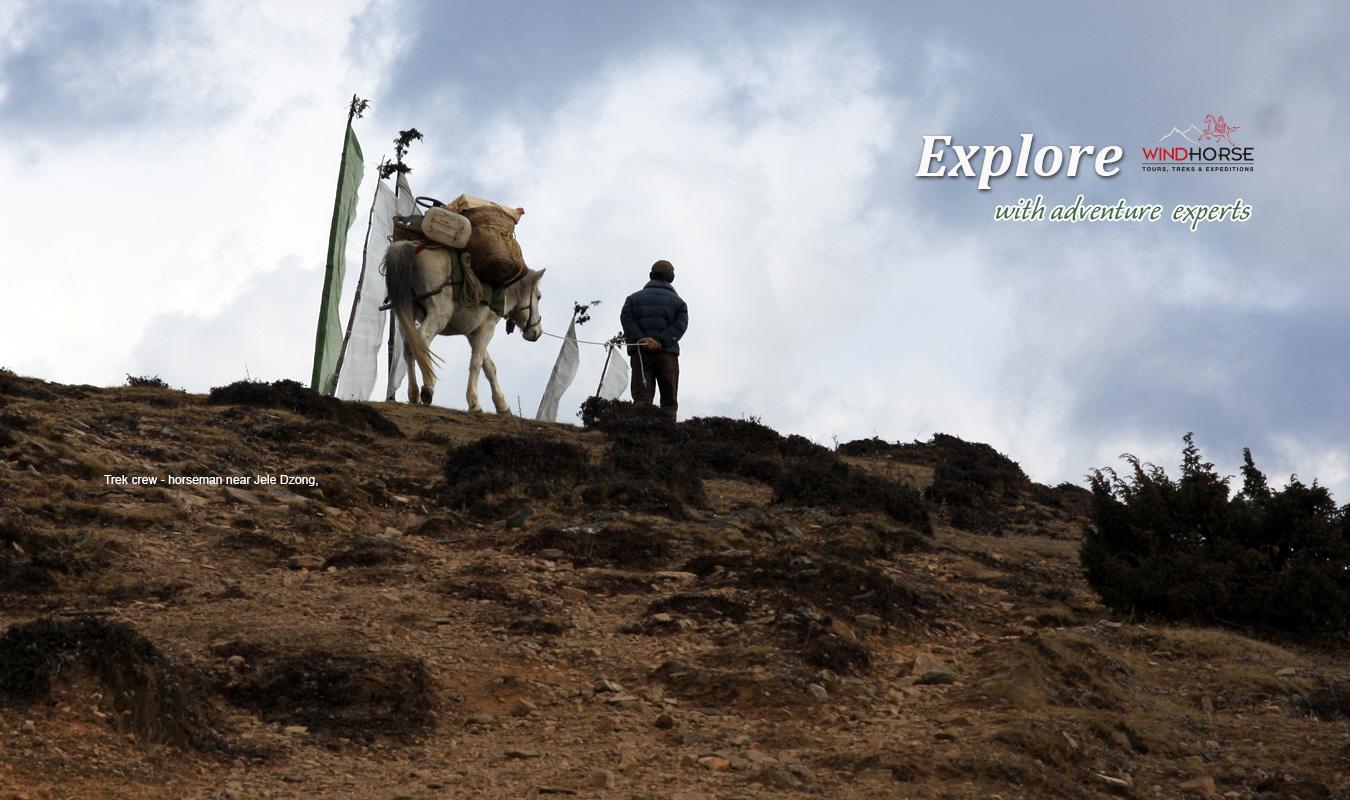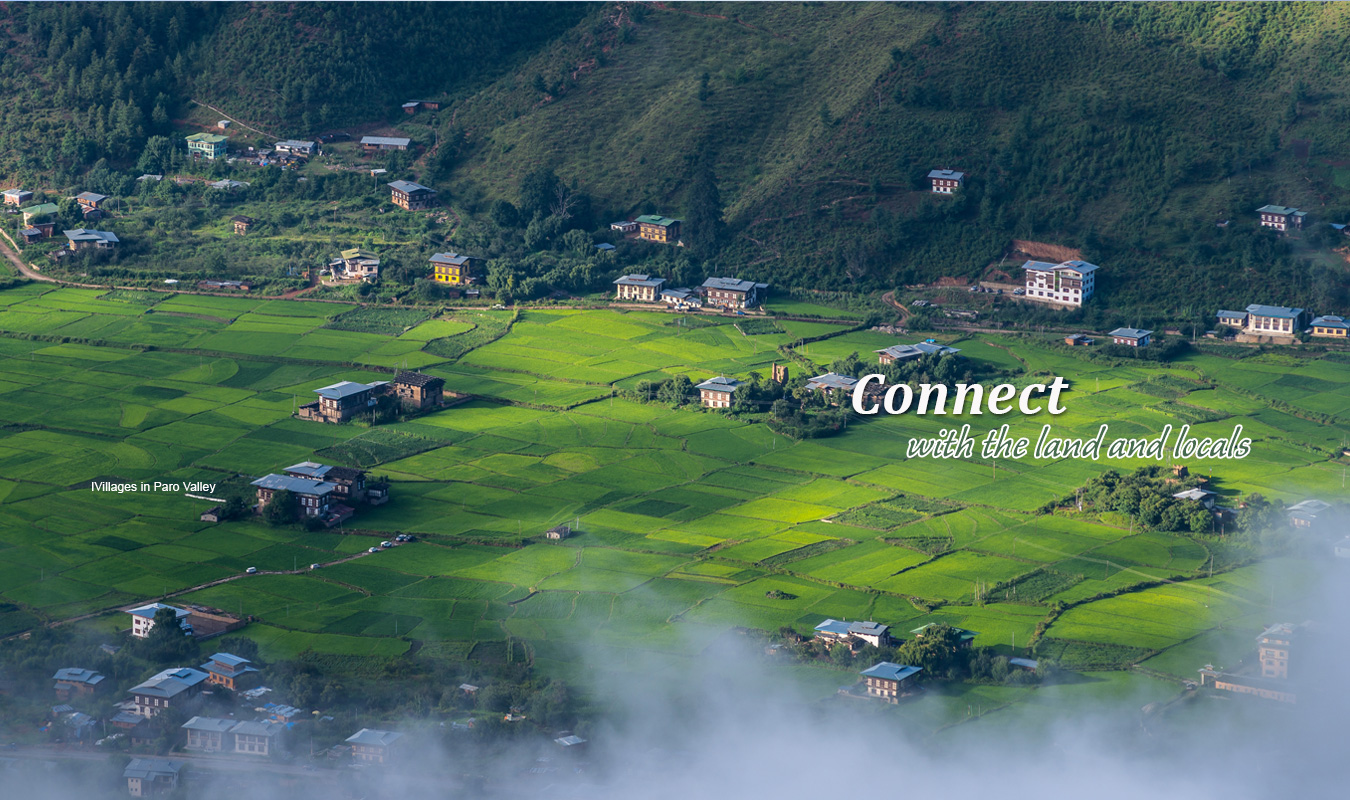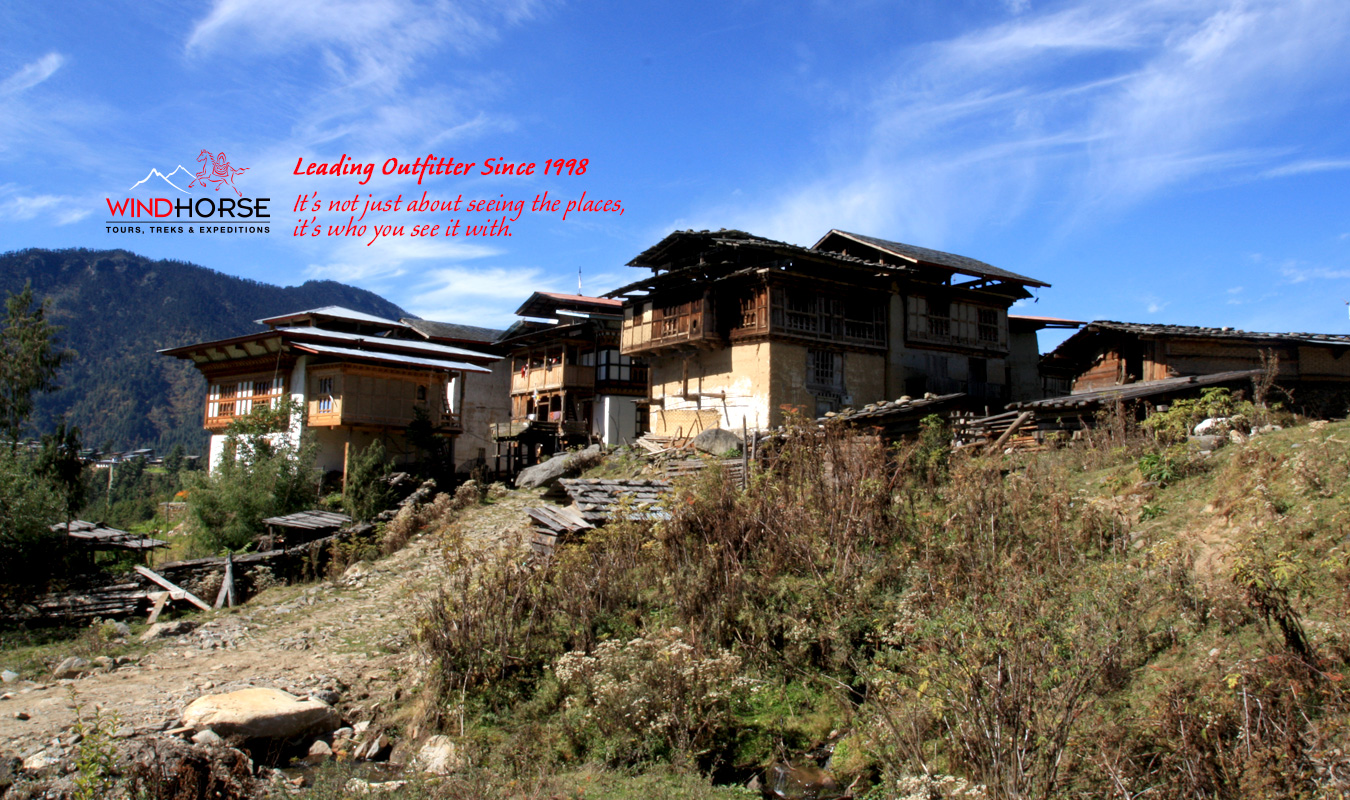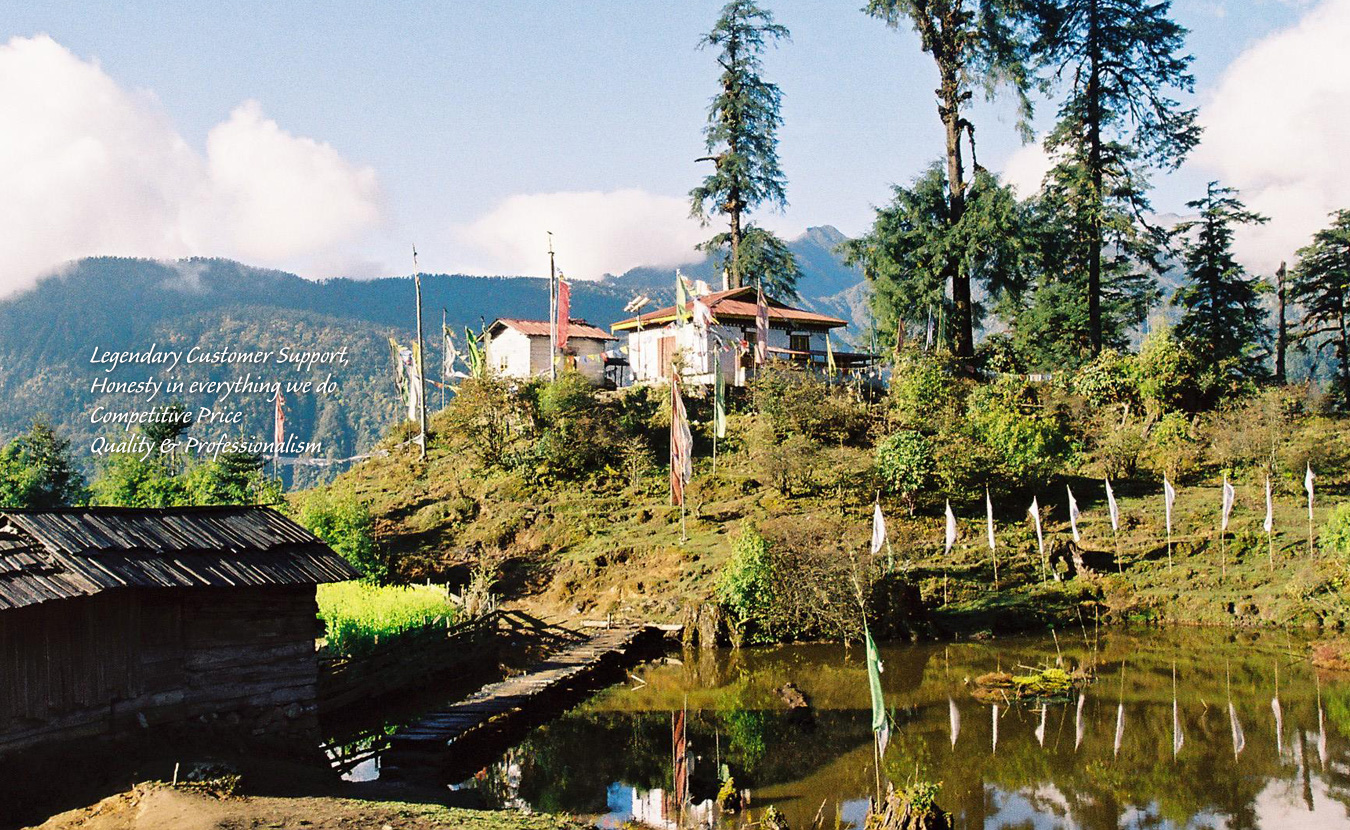
Bhutan Travel Information





Tour prices in Bhutan vary based on the season, duration of stay, group size, and preferred level of accommodation. Each itinerary is carefully customized to suit your interests and travel needs — from cultural tours to trekking adventures and wellness retreats.
Please contact us for a tailored quote based on your travel dates and preferences.
“Once a year, go someplace you’ve never been before.” – Dalai Lama
Sustainable Development Fee (SDF):
In addition to the tour package cost, all international travelers are required to pay the Sustainable Development Fee (SDF). Effective from September 1, 2023, the SDF is US$100 per adult per night. For children aged 6 to 12, the fee is US$50 per night, and children under 6 years are exempt. This fee is collected by the Royal Government of Bhutan to support the country’s long-term commitment to high-value, low-volume tourism and environmental sustainability.
Foreign nationals must obtain an e-visa before entering Bhutan. Indian nationals do not require a visa but must obtain an entry permit, which can be processed in advance online or on arrival at designated entry points.
Nationals of Bangladesh and the Maldives can obtain a visa on arrival. Citizens of Thailand and Switzerland holding Diplomatic or Official passports are also eligible for a visa on arrival.
If you're planning a trip to Bhutan, it’s important to book your accommodations and flights well in advance, particularly during the peak tourist seasons.
Bhutan is half an hour ahead of IST (Indian Standard Time).
Currency: The Bhutanese currency is known as the Ngultrum (Nu.), which is pegged to the Indian Rupee. While credit cards are accepted at some business establishments, it's advisable to carry cash for most transactions. Indian Rupees are widely accepted across the country, except for denominations of Rs. 1,000 and Rs. 500.
Flight Cancellation Policy: Air ticket refunds are processed strictly as per airline rules (Drukair / Bhutan Airlines). Rescheduled tickets are generally non-refundable and may carry date-change fees.
Changes, Rescheduling & Booking Transfer: Any changes to tour dates or duration should be informed at least 15 days in advance. Shortening the tour within 15 days will be charged as per the original itinerary, as arrangements are already confirmed. Extensions are subject to availability and may involve additional costs. Date changes or transfer of booking to another person (minimum 21 days’ notice) are subject to availability and may incur rebooking fees.
 : Payment & Cancellation Policiies
: Payment & Cancellation Policiies
If a confirmed tour must be cancelled, the following terms apply:
More than 30 days before tour start:
Full refund (excluding non-refundable transaction and service fees).
15–30 days before tour start:
50% refund.
Less than 0<15 days before tour start:
No refund.
No-show or early departure:
No refund for unused services.
However, the unused portion of the Sustainable Development Fee (SDF) is refundable as per Tourism Department rules.
Note: The one-time visa fee of USD 40 is non-refundable. All bank and transaction charges incurred during the refund process must be borne by the client.
 : Tour Payment Terms
: Tour Payment Terms
To secure all arrangements such as hotels, transportation, and permits:
30% deposit at the time of booking confirmation.
Remaining 70% must be cleared 15 days before arrival.
Bookings made within 30 days of the arrival date require full payment upfront.
Accepted Payment Methods:
International bank transfer / wire transfer, or credit/debit cards.
Force Majeure Clause: Ser-Yoed Tours & Travels is not responsible for cancellations, delays, or disruptions caused by: Natural calamities,
Political unrest,
National emergencies,
Flight disruptions,
Weather-related delays,
Any event beyond our reasonable control,
Guests are strongly advised to obtain comprehensive travel insurance before traveling.


 :
: 
 :
: 